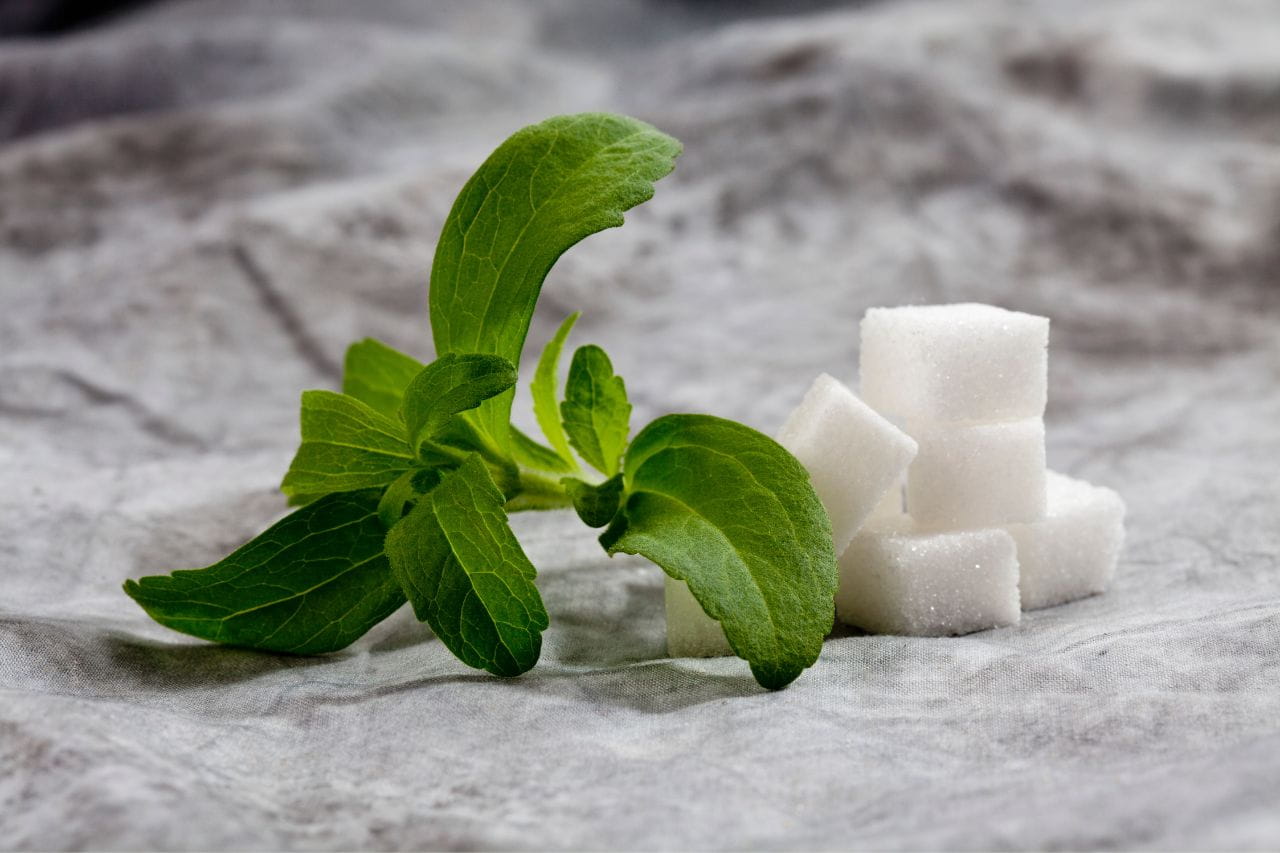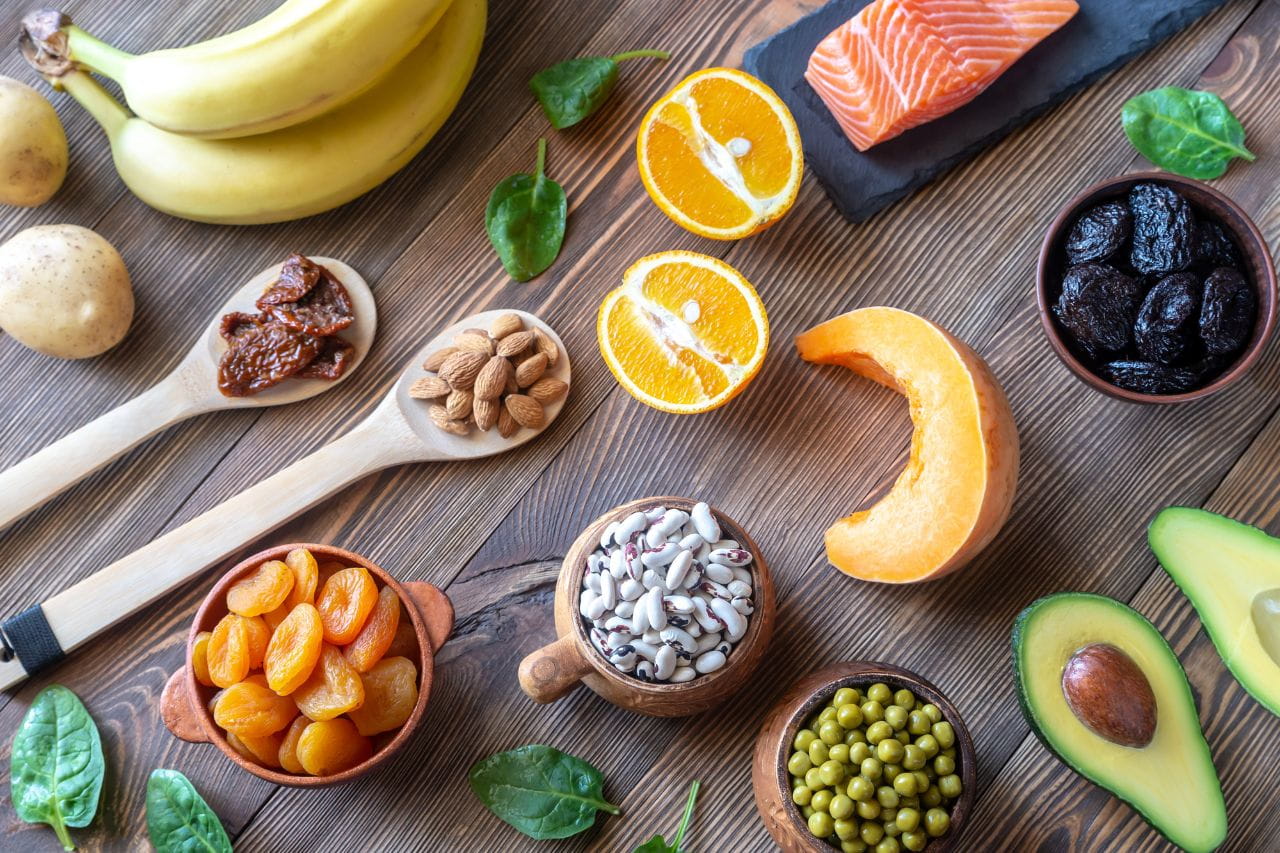Is Stevia Safe?

Clinically reviewed by Britt Fugmann, LD, RD
What is stevia? It’s a sugar substitute with no carbohydrates or calories and no artificial ingredients in its raw form. It comes from a plant called Stevia rebaudiana, a member of the chrysanthemum family. Stevia leaf extract is 100 to 300 times sweeter than table sugar.
You can purchase stevia in powder or liquid form to add to foods or use in recipes. Companies also include it in certain foods and beverages. Some people think stevia has a pleasing menthol flavor, while others find it bitter and unappealing.
Studies suggest stevia leaf extract may have positive effects on health, including fighting certain cancers, lowering “bad” and increasing “good” cholesterol, and managing blood sugar. However, research is ongoing.
But is stevia safe? This article addresses that question and provides other information about its use.
High-Purity Stevia Leaf Extract vs. Other Products
If you’re considering using stevia leaf as a sweetener, it’s essential to understand the differences between stevia leaf products. Specifically, the U.S. Food and Drug Administration (FDA) has approved stevioside (or stevia leaf extract, the purified form) as GRAS (generally recognized as safe), including during pregnancy.
However, the USFDA hasn’t approved products like whole stevia leaves and crude stevia extracts for anyone.
So, if a product’s label doesn’t include descriptions like “stevia extract” or “Stevia rebaudiana,” you shouldn’t use it. There hasn’t been sufficient research into the effects of other stevia products on health, particularly cardiovascular and kidney problems.
Stevia Side Effects
While stevia extract is considered safe for people with diabetes, some brands contain dextrose or maltodextrin. You should use them cautiously since dextrose is glucose, and maltodextrin is a type of starch.
These ingredients add small amounts of carbohydrates and calories to the products. Used in moderation, the products don’t significantly affect your overall carb intake. But if you consume them in large quantities, they may impact your blood sugar. So, if you’re wondering, “Does stevia raise blood sugar,” the answer is that stevia itself doesn’t increase blood sugar, but other ingredients in stevia products could.
There have also been reports of stevia leaf extract possibly having an adverse effect on beneficial organisms in the intestines or inducing metabolic disorders and glucose intolerance. More research is needed.
Stevia products made with sugar alcohols may also cause digestive issues, including diarrhea and bloating. Examples include ingredients ending with "ol" like erythritol.
Is There a Link Between Stevia and Cancer?
Evidence suggests that stevia may fight specific types of cancers. Chemicals called glycosides in stevia may help kill breast cancer cells and prevent cancer growth. Glycosides might also be toxic to particular stomach, lung, and leukemia cancer cells.
As with many aspects of stevia, research on stevia and cancer continues.
How to Use Stevia as a Sugar Substitute
People use stevia in place of sugar in several ways. For example, they add it to coffee or tea, sprinkle it on cereal, or use it as a smoothie ingredient. Others use stevia in baking, although it can give baked goods and other foods a licorice aftertaste.
If you decide to try stevia, finding the right amount for your taste will take some trial and error. Remember that it’s much sweeter than sugar, so you’ll need less. Stevia products typically have information on the packaging regarding how to use them in place of sugar, including the sugar-to-stevia ratio.
Talk with Your Doctor About Stevia
Stevia leaf extract is considered safe in moderation for most people, including those who have diabetes or are pregnant. And it may provide certain health benefits over sugar. If you decide to try stevia, look for products with stevia as the only ingredient.
But if you have questions or concerns about using stevia, your Baptist Health primary care doctor or dietitian is happy to answer them.



